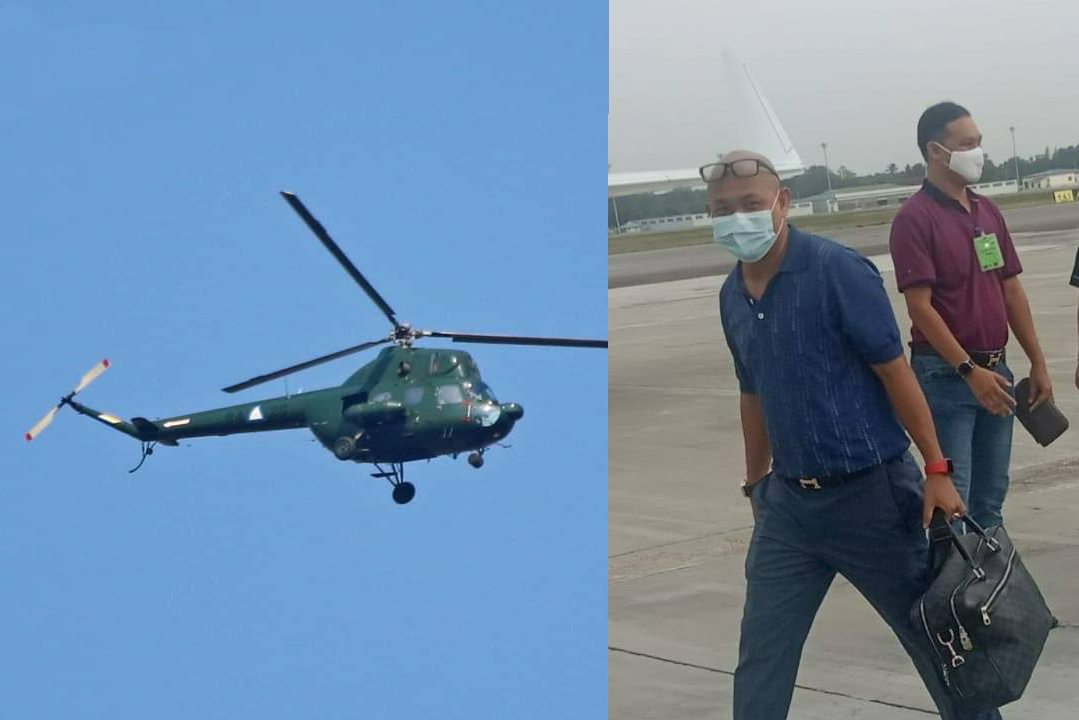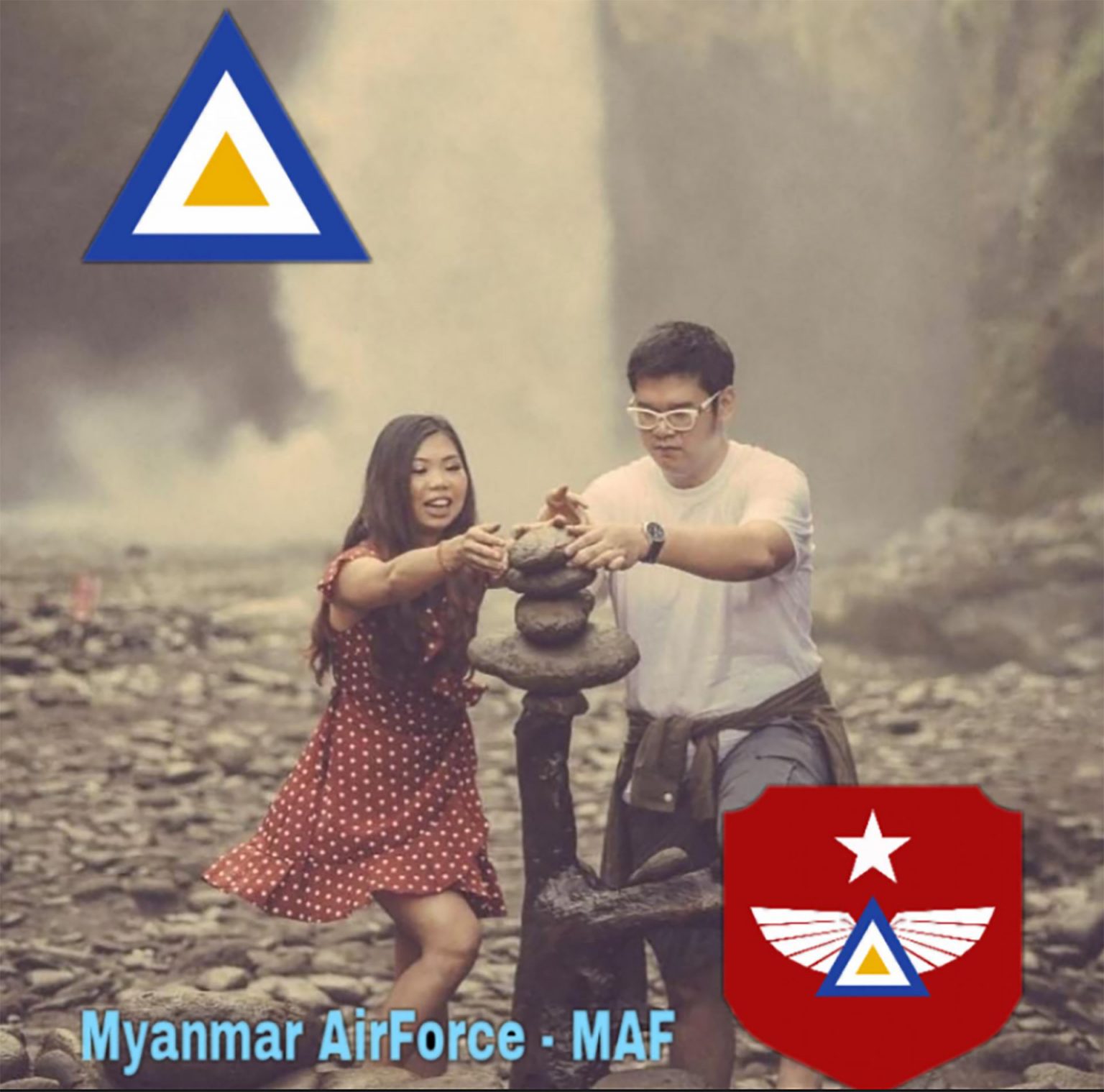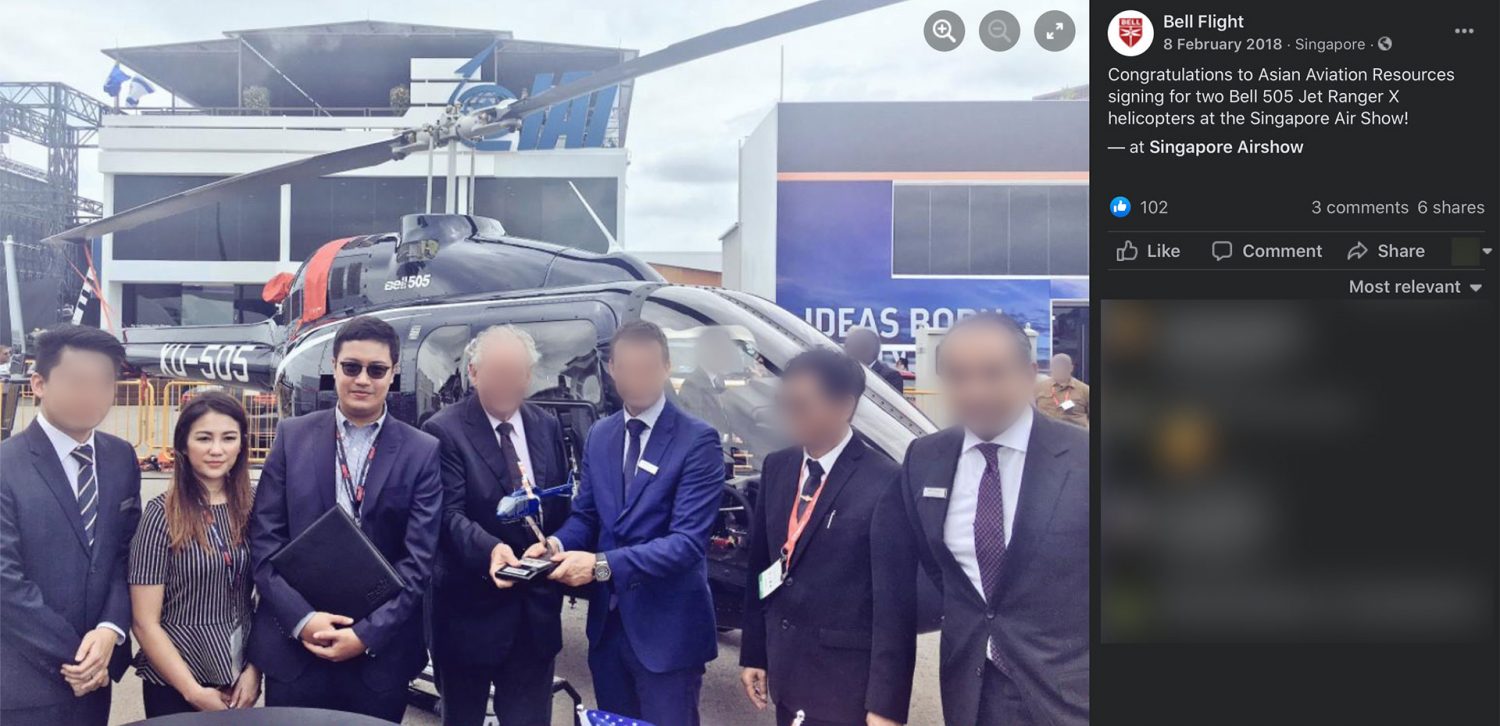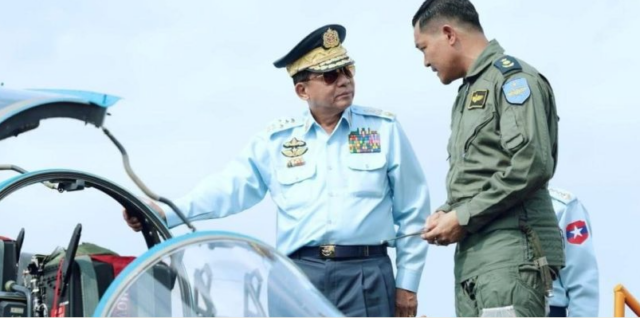The Myanmar military’s budget has increased every year since Min Aung Hlaing became its chief in 2011. The budget of the air force in particular has jumped significantly, as new aircraft have been purchased and the military regime has become increasingly reliant on air attacks to combat the resistance movement.
For the 2023-24 fiscal year, the junta has approved a defense budget of almost US $2.7 billion, an increase of US $920 million on the previous year.
However, until very recently the air force budget was comparatively small. According to a separate defense expenditure list acquired by The Irrawaddy that the military did not submit to parliament, the air force’s expenditure for the 2019-20 fiscal year totaled US $376 million. That amount did not include aviation fuel bills and salaries.
At that time, Myanmar was dealing with the Covid-19 pandemic and holding the 2020 general election. There were some clashes between the Myanmar military and the Arakan Army in northern Rakhine State. But overall the period saw the fewest clashes since Min Aung Hlaing became the military chief in 2011.
As the air force’s spending was around US $376 million during that period of relative calm, its spending might reach US $1 billion per year between 2021 and 2023.
But half of the budget usually ends up in the pockets of generals, officers and cronies.
U Kyaw Min Oo, the owner of Sky Aviator Co, who was born to an ordinary family in Ayeyarwady Region’s Mawlamyinegyun Township, amassed huge wealth in the decade after he was awarded licenses to supply the air force. The crony has limited edition Mercedes cars in his garage.

Brigadier-General Kyaw Moe Thet, who served as the commander of an air base in Mandalay’s Tada-U Township, is one of the beneficiaries of business deals involving the air force. He sponsors artists with millions of kyats. Among the artists are Yone Lay and J Fire. The general also owns dozens of land plots in Mandalay, each worth hundreds of thousands of US dollars.
Even richer are the air force chief and his relatives who have accumulated immense wealth within a few years to join the country’s ‘League of Cronies’.
The structure of the Myanmar Air Force was based on the UK’s Royal Air Force, with three key departments—procurement, engineering and administration— esigned to exercise checks and balances in procurement and usage of equipment, thereby preventing corruption. But the air force has become increasingly corrupt since 1988.
Under the previous military regime, the State Law and Order Restoration Council, the air force stopped inviting open tenders for the procurement of new aircraft, spare parts and maintenance.
Instead, licences were awarded to those who were close to the air force leadership. Back then, the sister-in-law of Vice Senior General Maung Aye, known as Daw Daisy, was the key middleperson in procuring aircraft for the air force.
Business owners awarded licenses paid commission to the likes of Daw Daisy and the generals. But under Min Aung Hlaing, the children of generals have established their own companies to supply the military.
Notable examples include Ivan Htet, the son of former air force chief General Maung Maung Kyaw, who established Alliance Engineering Service to supply the air force. General Maung Maung Kyaw’s nephew and niece, U Lin Htet and Daw Mon Yee, also made fortunes by supplying and providing maintenance services for the air force.

It was easy money for the generals and their suppliers, as all they need to do is to cook the books by charging higher prices for items and services provided to the air force. So the generals awarded licenses to supply the air force to their relatives.
Companies have to give commission to both the military chief and air force chief for business deals made with the air force. The head of the air force reportedly gets at least five per cent of the value of each deal.
Among the middlemen who helped purchase aircraft, helicopters and parts under former military dictator Than Shwe were U Tay Za, who runs the Htoo Group of Companies, and Dr Naing Htut Aung, who owns Gate Way International. U Tay Za has close ties with former air force head General Myat Hein. The general’s son worked for U Tay Za’s company.
Since Min Aung Hlaing became the military chief in 2011, his son and daughter, General Maung Maung Kyaw’s children and U Kyaw Min Oo have monopolized business with the air force. U Kyaw Min Oo previously worked for U Tay Za, while his younger brother served as the commander of an air force Mi-17 squadron.

Mahar Sit Thu Gyi Co, which supplies the air force, is owned by Min Aung Hlaing’s daughter Khin Thiri Thet Mon.
Aircraft need different types of maintenance after flying for certain hours. It is a business with huge profits.
The annual maintenance cost for a MiG-29 fighter is over US $4.6 million, while a Yak-130 bomber’s maintenance costs US $2.1 million, according to air force figures. But the actual cost is 50 per cent less, according to some air force officers.
In the 2019-20 fiscal year, the Myanmar military spent US $2.4 million on two Mi-35P assault helicopters from Belarus. One of them crashed in 2021 because they were substandard, according to air force officials.
The military regime is increasingly reliant on its air force to combat the growing resistance movement. But while the junta’s airstrikes cause ever-greater civilian casualties, senior air force officers and their cronies are getting even richer.
(By arrangement with ‘The Irrawaddy’)
















